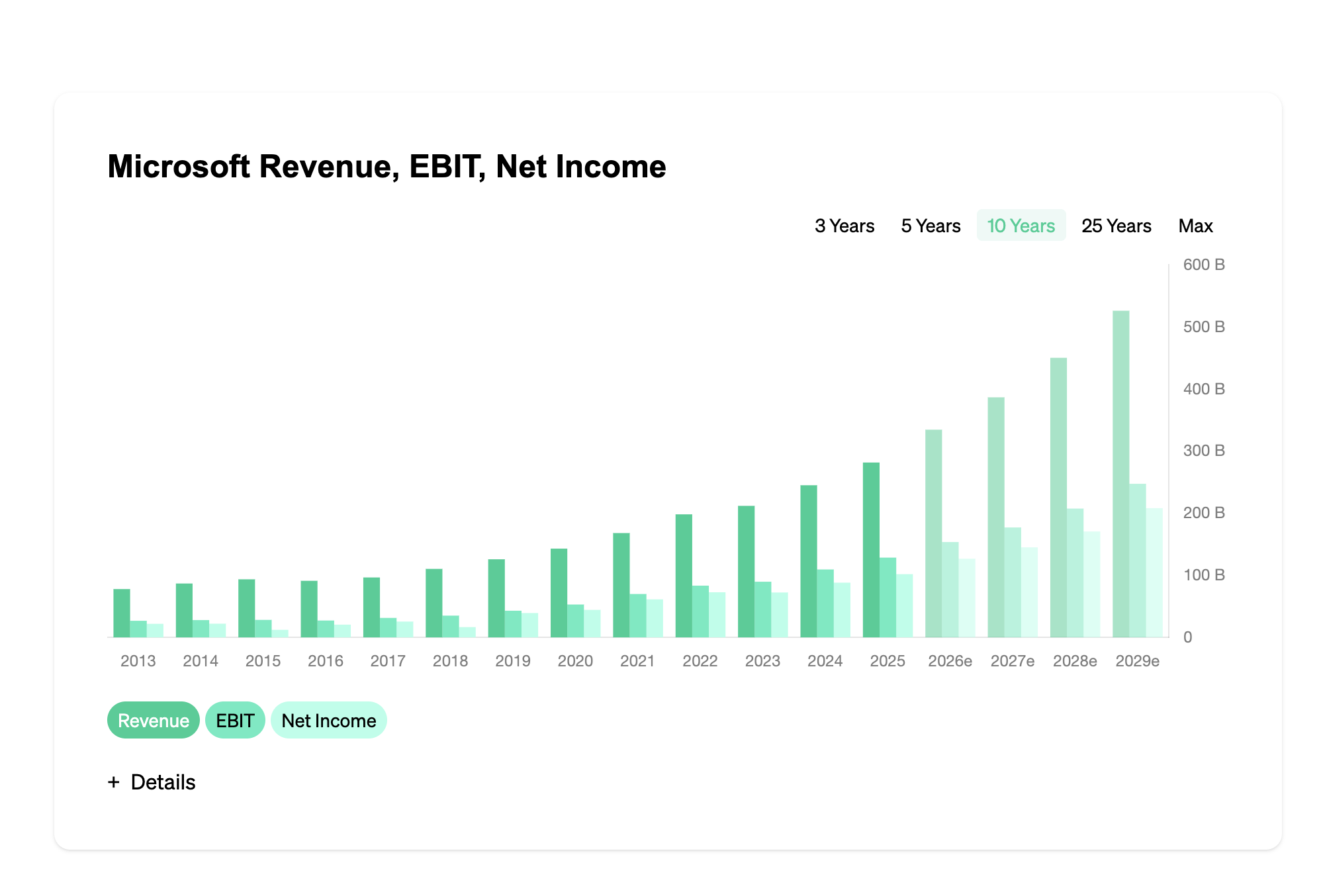Build Own Operate
Definition and Explanation
TL;DR – Brief Definition
Go to FAQs →Build Own Operate: Definition: "Build-Own-Operate" (BOO) describes a business model commonly used in infrastructure development and project financing. It refers to a contractual arrangement where a party, usually a private company or consortium, assumes the responsibility for designing, constructing, owning, and operating a facility or infrastructure asset. This model is prevalent in various sectors, including energy, transportation, telecommunications, and public-private partnerships (PPP). "Build-Own-Operate" projects typically involve a lengthy contractual framework known as a concession agreement, which outlines the rights, obligations, and financial arrangements between the project company and the public entity or grantor. The project company assumes the risk involved in developing and operating the asset, usually financing a significant portion of the project costs through debt and equity. From a financial perspective, the project company may secure funding from various sources, including commercial banks, development banks, institutional investors, and capital markets. The funds acquired are primarily used to finance construction and acquisition costs. The company then generates revenue by operating the asset and charging users (e.g., toll fees for roads, electricity tariffs for power plants) or through a concession fee, as agreed upon in the concession agreement. The "Build-Own-Operate" model offers advantages to both the project company and the grantor. For the project company, it allows them to participate in infrastructure development, providing a steady revenue stream over an extended period. Additionally, the concession agreement guarantees the project company exclusive rights to operate the asset during the concession period. On the other hand, the grantor benefits from "Build-Own-Operate" projects by transferring the risks associated with infrastructure development, operation, and maintenance to the project company. In the case of PPPs, this model allows the government to leverage private sector expertise and resources, avoiding the burden of financing infrastructure projects solely using public funds. Overall, the "Build-Own-Operate" model has proven to be an effective mechanism for infrastructure development and finance. Its flexibility and potential for attracting private investment have made it a popular choice for various capital market participants seeking opportunities in infrastructure projects. With well-structured contractual agreements and sound financial management, "Build-Own-Operate" projects can lead to successful investments, spurring economic growth while fulfilling societal needs. As a leading platform for equity research and finance news, Eulerpool.com provides comprehensive insights into the "Build-Own-Operate" model and its applications in capital markets. With our glossary, investors and market participants can stay informed about this and other terms related to stocks, loans, bonds, money markets, and cryptocurrencies. Stay updated with the latest trends and developments in the industry, supporting your investment decisions with expert knowledge. Visit Eulerpool.com today!
Detailed Definition
Frequently Asked Questions about Build Own Operate
Was bedeutet Build Own Operate?
Definition: "Build-Own-Operate" (BOO) describes a business model commonly used in infrastructure development and project financing. It refers to a contractual arrangement where a party, usually a private company or consortium, assumes the responsibility for designing, constructing, owning, and operating a facility or infrastructure asset.
Wie wird Build Own Operate beim Investieren verwendet?
„Build Own Operate“ hilft dabei, Informationen einzuordnen und Entscheidungen an der Börse besser zu verstehen. Wichtig ist immer der Kontext (Branche, Marktphase, Vergleichswerte).
Woran erkenne ich Build Own Operate in der Praxis?
Achte darauf, wo der Begriff in Unternehmensberichten, Kennzahlen oder Nachrichten auftaucht. In der Regel wird „Build Own Operate“ genutzt, um Entwicklungen zu beschreiben oder Größen vergleichbar zu machen.
Welche typischen Fehler gibt es bei Build Own Operate?
Häufige Fehler sind: falscher Vergleich (Äpfel mit Birnen), isolierte Betrachtung ohne Kontext und das Überinterpretieren einzelner Werte. Nutze „Build Own Operate“ zusammen mit weiteren Kennzahlen/Infos.
Welche Begriffe sind eng verwandt mit Build Own Operate?
Ähnliche Begriffe findest du weiter unten unter „Leserfavoriten“ bzw. verwandten Einträgen. Diese helfen, „Build Own Operate“ besser abzugrenzen und im Gesamtbild zu verstehen.
Lasītāju favorīti Eulerpool biržas vārdnīcā
Update
Der Begriff "Update" bezieht sich auf eine Aktualisierung oder eine neue Version einer bestimmten Information, Software, Datenbank oder einer anderen digitalen Ressource. In Bezug auf das Finanzwesen und Kapitalmärkte kann...
Materialwert
Materialwert bezieht sich auf den intrinsischen Wert eines Unternehmens oder eines Vermögenswertes und wird oft als ein entscheidender Faktor bei der Bewertung von Investitionen in Kapitalmärkten angesehen. Er repräsentiert den...
Einkaufsausweis
Definition of "Einkaufsausweis": Der Begriff "Einkaufsausweis" bezieht sich auf ein wichtiges Dokument, das von Unternehmen verwendet wird, um Einkäufe zu genehmigen und das interne Beschaffungsverfahren zu überwachen. Es dient als rechtliche...
Unabhängigkeit von irrelevanten Alternativen
Unabhängigkeit von irrelevanten Alternativen ist ein Konzept in der Entscheidungstheorie und der Spieltheorie, das die Vorlieben und Auswahlmöglichkeiten von Individuen analysiert. Es besagt, dass die Rangfolge oder Präferenzreihenfolge einer Option...
psychologischer Vertrag
Psychologischer Vertrag ist ein Begriff, der in der Arbeits- und Organisationspsychologie verwendet wird, um die psychologischen Erwartungen und Verpflichtungen zwischen einem Arbeitnehmer und seinem Arbeitgeber zu beschreiben. Es handelt sich...
GEMA
GEMA (Gesellschaft für musikalische Aufführungs- und mechanische Vervielfältigungsrechte) ist eine deutsche Verwertungsgesellschaft, die sich mit der Wahrnehmung und Vergütung von Urheberrechten im Musikbereich befasst. Sie wurde 1947 gegründet und hat...
Mountain Range Optionen
Mountain Range Optionen sind eine spezielle Art von Optionen, die in erster Linie von Institutionellen Anlegern wie Investmentfonds oder Versicherungsgesellschaften gehandelt werden. Diese Optionen ermöglichen es den Anlegern, ihr Portfolio...
Kursstützung
Kursstützung - Definition und Bedeutung Die Kursstützung ist eine Praxis, die von institutionellen Investoren und Wertpapierhäusern angewendet wird, um den Kurs eines bestimmten Finanzinstruments zu stabilisieren oder zu erhöhen. In der...
Distanzhandel
Definition of "Distanzhandel" in German: Der Begriff "Distanzhandel" beschreibt das kommerzielle Verkaufsmodell, bei dem Waren oder Dienstleistungen über Distanzen hinweg, insbesondere über das Internet, vertrieben werden. Er umfasst den gesamten Prozess...
Gründungskosten
Gründungskosten bezeichnen im Bereich der Kapitalmärkte die Ausgaben, die bei der Gründung eines Unternehmens entstehen. Diese Kosten umfassen verschiedene Ausgabenposten, die im Zusammenhang mit der Eintragung und dem Aufbau einer...

